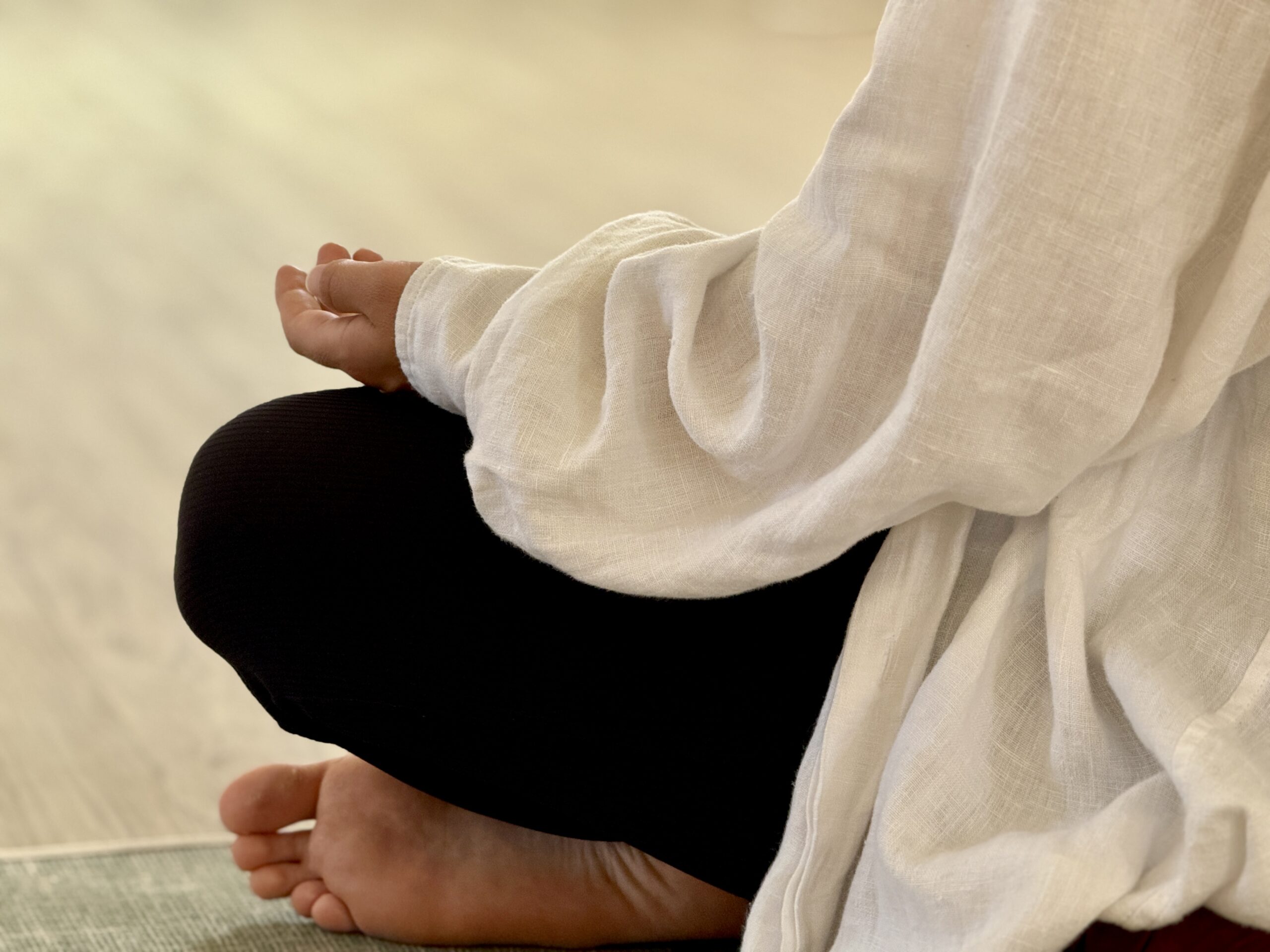Meditation Journey: From Vipassana to Meditation Teacher Training
My meditation practice, along with my broader spiritual journey, has evolved over the years, beginning with one-on-one guided sessions, moving into a 10-day Vipassana retreat in Kathmandu, Nepal, and now arriving at this meditation teacher training in Rishikesh, India.
The Discipline of Vipassana
During the Vipassana retreat, my mind was forced to surrender. The more I resisted, the more I suffered. It felt painful, almost like “work”, but the strict structure gave it power. In a way, it made the meditation process “easier” because there are no other options other than to follow the instructions completely.
I believe it truly takes a minimum of 10 days to embrace the depth of the technique. While it may sound intimidating, the experience was profound and undeniably valuable. I gained the patience to watch my feelings come and go, and an understanding of my own mind and how much it shapes my reality. For the first time, I didn’t feel so stuck in my head.
I love how pure Vipassana is, it is entirely donation-based and volunteer-run. While I had already been meditating regularly before the retreat, Vipassana deepened my sincerity. I left with stronger discipline and a deep conviction that meditation can transform me. This faith became the foundation that eventually led me to the Meditation Teacher Training in Rishikesh.
Building on the Foundation: Meditation Teacher Training
Coming into the meditation training, I realized how much Vipassana had prepared me. While Vipassana demands surrendering, this training feels more natural, like peeling away layers of illusion rather than breaking through walls. Because Vipassana had already taught me how to let go, I could now soften into the experience with trust, without needing external structure to hold me.

In Vipassana, we were taught to ignore every thought. Here, I’ve learned to go a little deeper, to recognize the ego as the root of those thoughts, and to work with it rather than simply observe it. This feels like the next step in my evolution and my continuation on the path of my spiritual journey.
The environment itself also mirrors this shift. In Vipassana, I lived in seclusion, within the walls of the retreat center. In Rishikesh, life itself is the practice. The unpredictability of daily life in India, muddy paths, wandering cows, the chaos and beauty of the streets, has become its own teacher. At first, I resisted these small discomforts, longing for order and control. But soon, resistance softened into appreciation. I even grew fond of the cows. I used to run with music, but now I prefer being with nature, the feeling of being part of life, not separate from it.
Since all external distractions were removed at the Vipassana retreat (no phones, books, writing materials, etc.) it also made it harder to see how practice translated into daily life. This training, on the other hand, is more integrated. Here, awareness isn’t confined to a meditation hall, it’s tested through interactions, decisions, and emotions.
The real question is no longer Can I sit and observe myself for hours in silence? But can I remain aware in conversation, in challenge, in choice? Vipassana gave me the discipline to practice; this meditation teacher training is giving me the tools to live it.
-Nina Madison
